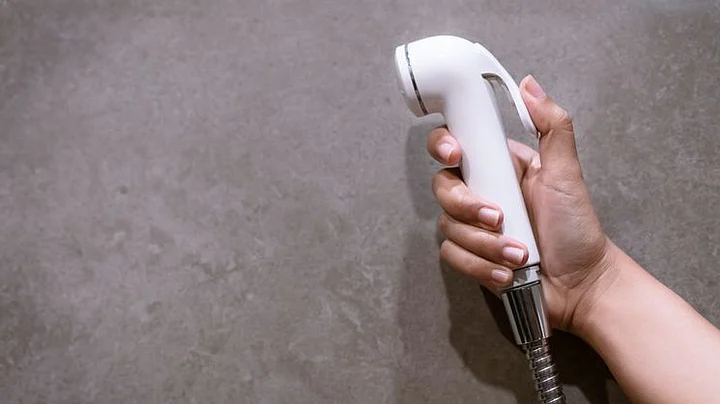Privacy concerns related to the implications of facial recognition have been raised several times but you may not have thought much about a very different part of your body being scanned.
Sanjiv Gambhir, a Stanford radiologist believes that the future of medicines starts in the bathroom and his lab is leading the way.
Gambhir's team has developed a 'smart toilet' that analyses the users’ urine and faeces using Artificial Intelligence (AI) to monitor for diseases, infections or even certain cancers, such as colorectal or urologic cancers.
Interestingly, to authenticate your waste with you, the smart toilet scans your 'anal print'.
“We know it seems weird, but as it turns out, your anal print is unique,” said Gambhir, senior author of a new study published in Nature Biomedical Engineering.
But the question is: Will people trade their privacy and sensitive data to find out what's in their poo?
What Is a Smart Toilet? How Does It Work?
A smart toilet is a technology that is capable of interacting and connecting with the users by something called as an 'analprint'.
The smart toilets are equipped with cameras and sensors that monitor and collect information on your bodily waste, and use this data to check for any health issues you might have.
But what are the analprints?
Analprints are as unique as fingerprints, and were first discovered by Salvador Dalí, who in a blog post explains that “the anus has 35 or 37 creases, which are as unique as fingerprints."
Seung-min Park, a senior research scientist at Stanford University told The Verge that smart toilets use a Raspberry Pi paired with a camera to capture each person’s unique analprint as they sit down to use the toilet, ensuring the data it captures is associated with the correct person.
Smart toilet is an ordinary toilet outfitted with gadgets inside the bowl. These tools, a suite of different technologies, use motion sensing to deploy a mixture of tests that assess the health of any deposits.
The toilet automatically sends data extracted from any sample to a secure, cloud-based system for safekeeping.
The Next Big Leap in Health-Tech
Gambhir notes that the smart toilet is not intended to provide an official diagnosis but is designed to monitor your bodily waste regularly, and identify if anything is abnormal, so that you can reach out to to your doctor before the issue becomes severe.
For instance, should something questionable arise – like blood in the urine – an app fitted with privacy protection would send an alert to the user’s health care team, allowing professionals to determine the next steps for a proper diagnosis.
Urine and stool samples are captured on video and are then processed by a set of algorithms that can distinguish normal flow rate, stream time and total volume, and stool consistencies, among other parameters from those that are unhealthy.
The toilet also deploys uranalysis strips, to measure white blood cell count, consistent blood contamination, certain levels of proteins and more, which can point to a spectrum of diseases, from infection to bladder cancer to kidney failure.
In its current stage of development, Gambhir says, the toilet can measure 10 different biomarkers.
Researchers at Stanford now want the next prototype to help detect tumour DNA as well as viral RNA to help them track the spread of diseases like the novel coronavirus.
Privacy Concerns
It should be noted that your data is sent to a cloud server for later analysis.
"All collected data (images and videos), in their raw data formats, were annotated with respect to the user and transmitted to a cloud system through wireless communication," explains the study.
Gambhir said, “We have taken rigorous steps to ensure that all the information is de-identified when it’s sent to the cloud and that the information – when sent to health care providers – is protected under HIPAA,” he said, referring to the Health Insurance Portability and Accountability Act, which restricts the disclosure of health care records.
However, a survey of 300 prospective smart toilet users found that 37 percent of people were “somewhat comfortable” with the prospect of the toilet, while half felt comfortable with it (and 15 percent were “very comfortable”). The most commonly reported concerns were over privacy and data security.
Edin Omanovic, advocacy director at Privacy International, told Thomson Reuters Foundation, “Health data contains among the most sensitive and revealing information about anyone."
“Linking it to someone’s biometric ID risks exposing intimate details to third parties, either through opaque data sharing or security flaws which leave backdoors exposed."Edin Omanovic, advocacy director at Privacy International
